 Most historical accounts of slavery were written by colonists and planters. Researchers are now using the tools of archaeology to learn more about the day-to-day lives of enslaved Africans—how they survived the conditions of slavery, how they participated in local economies, and how they maintained their own agency. Host Sarah Crespi talks with Contributing Correspondent Lizzie Wade about a Caribbean archaeology project based on St. Croix in the U.S. Virgin Islands and launched by the founders of the Society for Black Archaeologists that aims to unearth these details. Watch a related video here.
Most historical accounts of slavery were written by colonists and planters. Researchers are now using the tools of archaeology to learn more about the day-to-day lives of enslaved Africans—how they survived the conditions of slavery, how they participated in local economies, and how they maintained their own agency. Host Sarah Crespi talks with Contributing Correspondent Lizzie Wade about a Caribbean archaeology project based on St. Croix in the U.S. Virgin Islands and launched by the founders of the Society for Black Archaeologists that aims to unearth these details. Watch a related video here.
Sarah also talks with Jonathan Schulz, a professor in the Department of Economics at George Mason University in Fairfax, Virginia, about a role for the medieval Roman Catholic Church in so-called WEIRD psychology—western, educated, industrialized, rich, democratic. The bulk of psychology experiments have used participants that could be described as WEIRD, and according to many psychological measures, WEIRD subjects tend to have some extreme traits, like a stronger tendency toward individuality and more friendliness with strangers. Schulz and colleagues used historical maps and measures of kinship structure to tie these traits to strict marriage rules enforced by the medieval Catholic Church in Western Europe. Read related commentary.


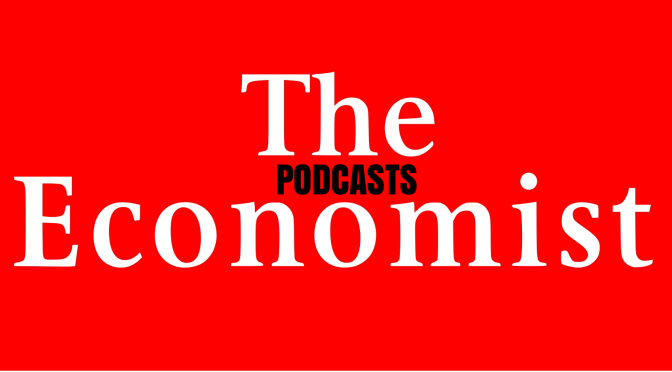
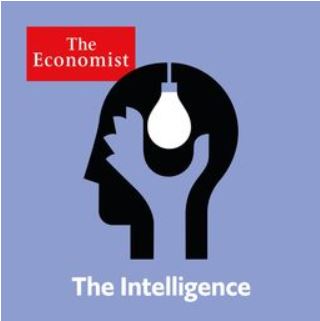 This week our correspondent joined Emmanuel Macron on his visit to China. The French president is stretching his diplomatic wings, and has some striking views about Europe’s place in the world. The state of Texas has been reliably Republican for decades, but its demographics are changing; could it at last turn blue? And how Japan is dealing with its epidemic of public-transport groping.
This week our correspondent joined Emmanuel Macron on his visit to China. The French president is stretching his diplomatic wings, and has some striking views about Europe’s place in the world. The state of Texas has been reliably Republican for decades, but its demographics are changing; could it at last turn blue? And how Japan is dealing with its epidemic of public-transport groping.


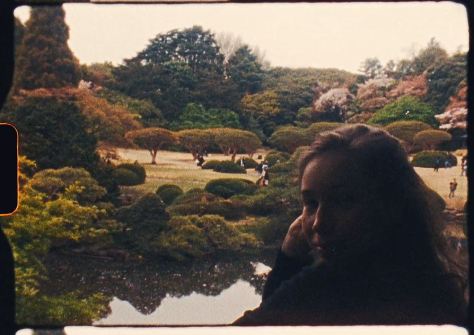

 There was a massive shift in Roman residents’ ancestry, the researchers found, but that ancestry came primarily from the Eastern Mediterranean and Near East, possibly because of denser populations there relative to the Roman Empire’s western reaches in Europe and Africa.
There was a massive shift in Roman residents’ ancestry, the researchers found, but that ancestry came primarily from the Eastern Mediterranean and Near East, possibly because of denser populations there relative to the Roman Empire’s western reaches in Europe and Africa.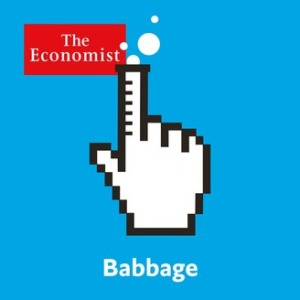 Scientists believe they have located the ancestral home of one of humanity’s early ancestors—in northern Botswana. Tom Siebel, a Silicon Valley veteran and the founder of C3.ai, explains how digital transformation stops companies from going extinct. And, host Kenneth Cukier takes a trip to the Natural History Museum in London to learn about
Scientists believe they have located the ancestral home of one of humanity’s early ancestors—in northern Botswana. Tom Siebel, a Silicon Valley veteran and the founder of C3.ai, explains how digital transformation stops companies from going extinct. And, host Kenneth Cukier takes a trip to the Natural History Museum in London to learn about 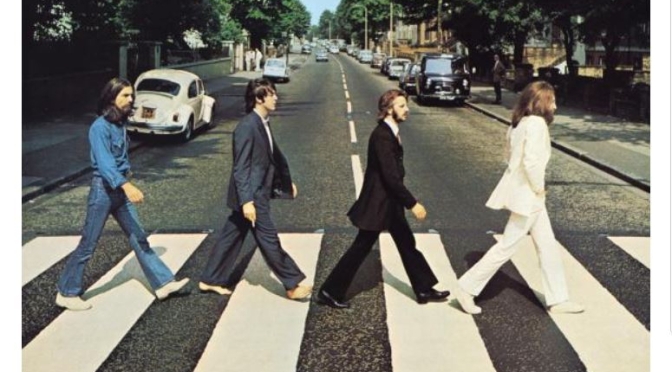
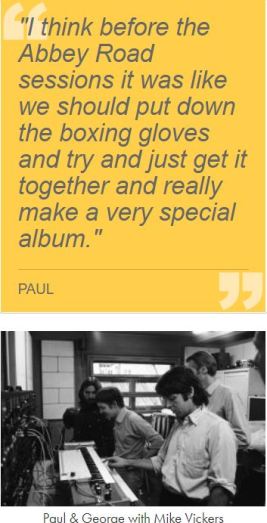 “Abbey Road” was the Beatles’ last word—the final recordings by the most popular and influential artists of the nineteen-sixties. Now, on the occasion of its fiftieth anniversary, “Abbey Road” has been expertly remixed by Giles Martin, George Martin’s son and protégé, and reissued in a super-deluxe edition that comes with an archive of studio outtakes and a hundred-page book of essays and liner notes that chronicle how the recordings were made. “The Beatles are good even though everybody already knows that they’re good,” the classical composer Ned Rorem observed in 1968, alluding to how the band’s immense popularity confounded the usual notions of discriminating taste. If anyone needs to be reminded of this, this new edition of “Abbey Road” should do the trick.
“Abbey Road” was the Beatles’ last word—the final recordings by the most popular and influential artists of the nineteen-sixties. Now, on the occasion of its fiftieth anniversary, “Abbey Road” has been expertly remixed by Giles Martin, George Martin’s son and protégé, and reissued in a super-deluxe edition that comes with an archive of studio outtakes and a hundred-page book of essays and liner notes that chronicle how the recordings were made. “The Beatles are good even though everybody already knows that they’re good,” the classical composer Ned Rorem observed in 1968, alluding to how the band’s immense popularity confounded the usual notions of discriminating taste. If anyone needs to be reminded of this, this new edition of “Abbey Road” should do the trick.
 The Huntington’s
The Huntington’s 
 James Wood: These Etonians
James Wood: These Etonians
 More than 1,600 museums nationwide will be opening their doors for free on Sept. 21 in honor of Museum Day.
More than 1,600 museums nationwide will be opening their doors for free on Sept. 21 in honor of Museum Day.
 Although the boomers may not have contributed much to the social and cultural changes of the nineteen-sixties, many certainly consumed them, embraced them, and identified with them. Still, the peak year of the boom was 1957, when 4.3 million people were born, and those folks did not go to Woodstock. They were twelve years old. Neither did the rest of the 33.5 million people born between 1957 and 1964. They didn’t start even going to high school until 1971. When the youngest boomer graduated from high school, Ronald Reagan was President and the Vietnam War had been over for seven years.
Although the boomers may not have contributed much to the social and cultural changes of the nineteen-sixties, many certainly consumed them, embraced them, and identified with them. Still, the peak year of the boom was 1957, when 4.3 million people were born, and those folks did not go to Woodstock. They were twelve years old. Neither did the rest of the 33.5 million people born between 1957 and 1964. They didn’t start even going to high school until 1971. When the youngest boomer graduated from high school, Ronald Reagan was President and the Vietnam War had been over for seven years.